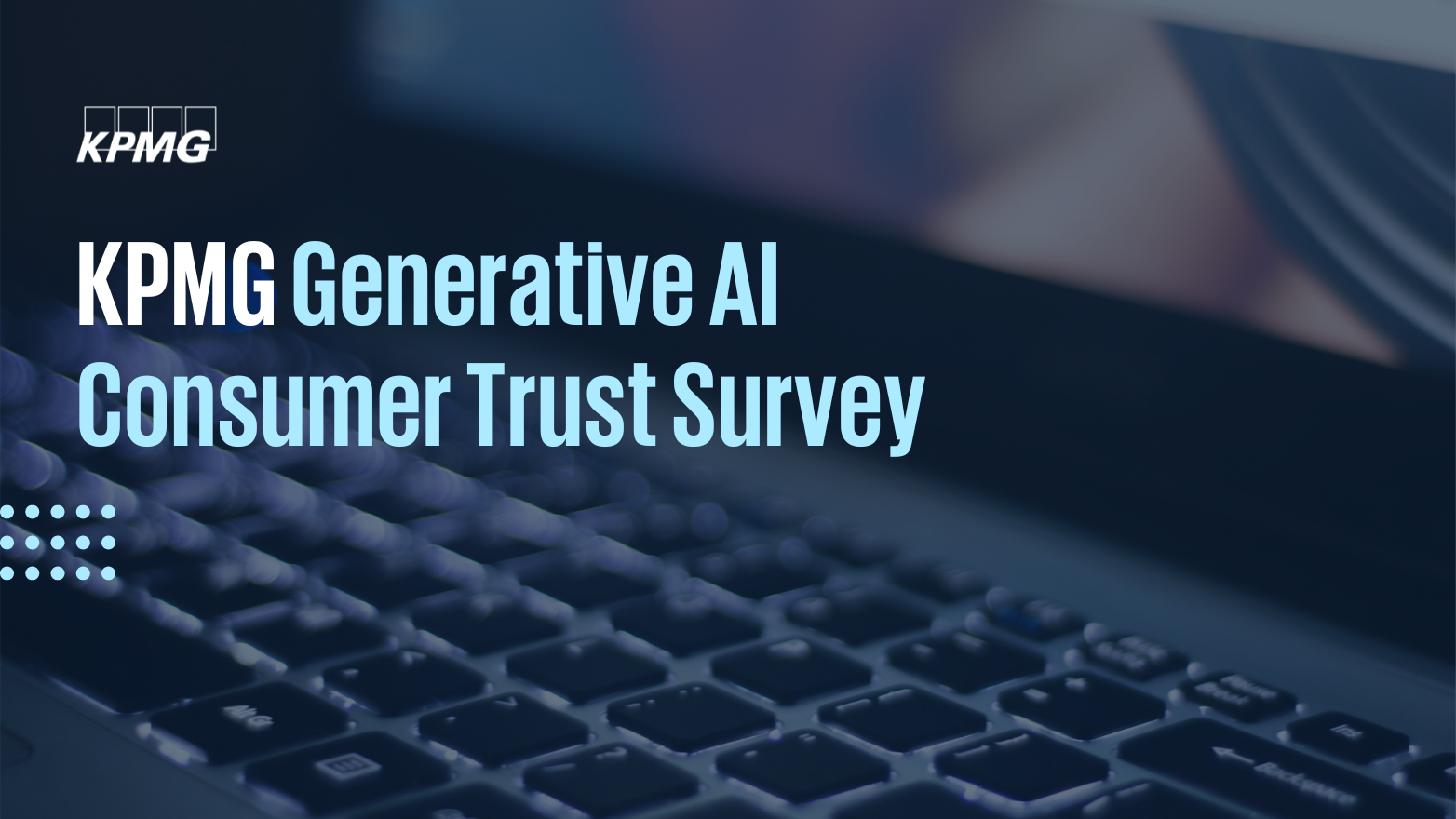KPMG Survey: Addressing the Strategy Execution Gap in Sustainability Reporting
February 13, 2024 – Businesses are committed to investing in environmental, social, and governance (ESG) capabilities over the next three years as both reporting requirements and stakeholder demands ramp up, and many leaders and employees think they are on the right track, according to a new survey from KPMG LLP, the U.S. audit, tax, and advisory firm. However, when asked more specifically about how and where they plan to invest in standing up these new capabilities, there is a clear disconnect between strategy and execution within these organizations. This gap, combined with new pressures to focus on compliance, can hinder business leaders’ ability to integrate sustainability into broader business goals and fully leverage it as a mechanism for driving financial value.
“Timely and accurate reporting of sustainability information is key for businesses to meet regulatory reporting guidelines,” said KPMG U.S. ESG Audit Leader Maura Hodge. “However, compliance alone should not dictate an organization's strategy – focusing on the core elements of ESG that will drive financial value over the long-term is paramount."
Topline Findings:
- Ninety percent of business leaders will increase their ESG investment in the next three years. The top three areas of investment include dedicated ESG personnel, ESG-specific software, and employee training and education.
- Two top challenges to allocating financial resources to sustainability activities are a difficulty in measuring the return on investment (21%) and an insufficient understanding of its value drivers (14%).
- Eighty-three percent of organizations believe they are ahead of their peers concerning sustainability reporting, but almost half (47%) still use spreadsheets to aggregate their data. Further, only 18% indicated they are currently seeking third-party assurance to enhance the credibility and transparency of their reporting.
Currently, there is a clear disconnect between perception and preparedness, with most organizations betting on new technologies to improve their processes in the future.
- Organizations are placing their bets on the potential for artificial intelligence (AI) and machine learning (ML) to improve their sustainability reporting. More than half (58%) indicated they plan to improve their data analysis and consolidation using AI/ML in the next three years.
- The top way businesses plan to enhance the integration of sustainability goals with overall business objectives is by improving ESG data management and reporting capabilities (45%).
- Employee training (22%) and creating ESG roles or teams within the organization (17%) as a means for enhancing integration of sustainability goals within the overall business lag much further behind.
“Artificial intelligence and machine learning technologies can help organizations gain valuable insights from disparate data and make more informed decisions, but AI and ML are not a silver bullet for sustainability reporting or for setting a strategy that adds value to the business,” said KPMG U.S. Climate Data & Technology Leader Tegan Keele. “Judgment calls like which data to use, which sources to collect the data from and the type of controls that need to be in place require a cohesive strategy that should be driven by the organization and informed by the technology rather than driven by it.”
As companies evolve their use of data, analytics, and advanced technologies in their sustainability reporting, opportunities to drive value and ROI from sustainability strategies should become easier to identify and operationalize. But for most organizations surveyed, a significant amount of training and structural work needs to be done on the front end to make that future reality.
Structural challenges hinder the ability to integrate strategy into broader business goals.
- Insufficient resources or capacity to collaborate effectively (44%) and internal silos and limited communication between departments (41%) are cited as the top two impediments to organizations integrating sustainability strategy into broader business goals.
- However, only 33% of organizations have plans for a major restructuring to align sustainability goals with business strategy, while 43% indicated plans for minor adjustments or adaptations in the coming years.
“Sustainability touches every part of the business, making it very difficult for large organizations to organize around and very easy to have a ‘check the box’ mentality and focus solely on compliance,” said KPMG U.S. ESG Leader Rob Fisher. “The organizations that view new reporting requirements as more of an expansion of their broader sustainability strategy and who continue to invest in the right people and technology to make progress on that strategy will be better positioned to both realize and communicate the full value sustainability initiatives can bring to their business.”
Dive into our thinking :
Addressing the Strategy Execution Gap in Sustainability Reporting
Download PDFExplore more

2024 KPMG Generative AI Consumer Trust Survey
Consumers are optimistic about the benefits of GenAI as technology becomes more pervasive, according to the KPMG survey of 1,000 college-educated and informed U.S. consumers.

KPMG Survey: Business Leaders Bullish on ESG Strategies Driving Value, Execution Challenges Remain
Business leaders report ESG engagement is delivering financial value across M&A, customer engagement, and investor relations and they expect that to increase in the next three to five years.

KPMG Study: CEOs Focused on Game-Changing Investments in M&A and Generative AI to Drive Growth
CEO Confidence in Long-Term Growth Prospects of Their Companies More Subdued. Myriad Risks to Growth include Geopolitics and Political Uncertainty, Disruptive Technology
